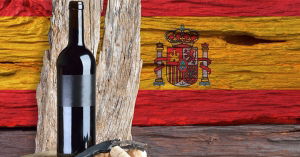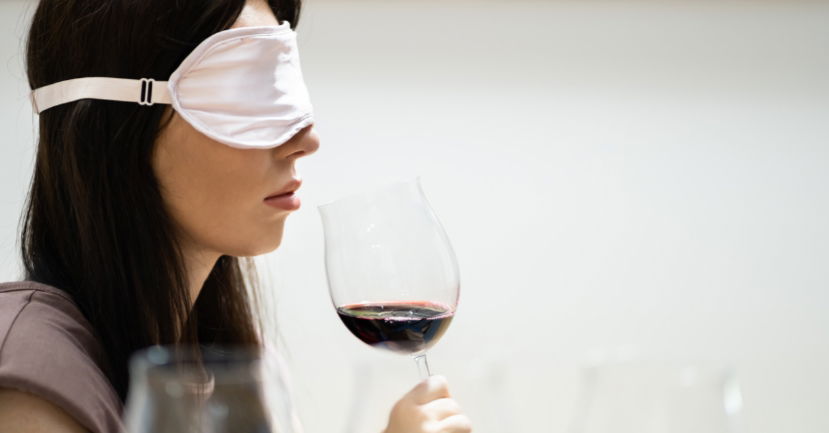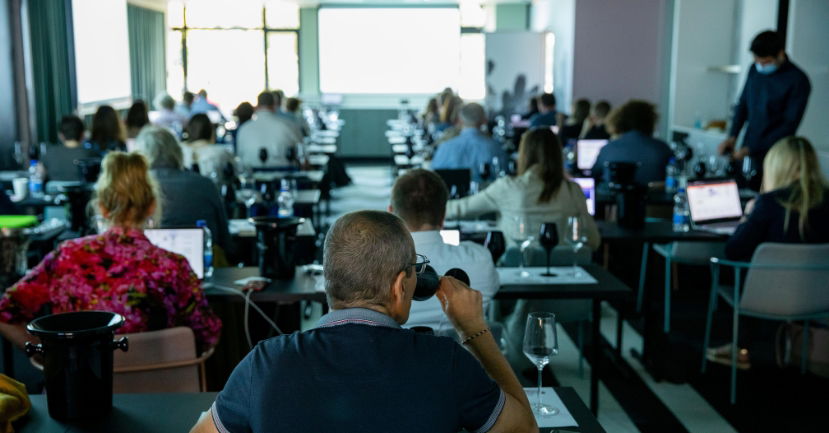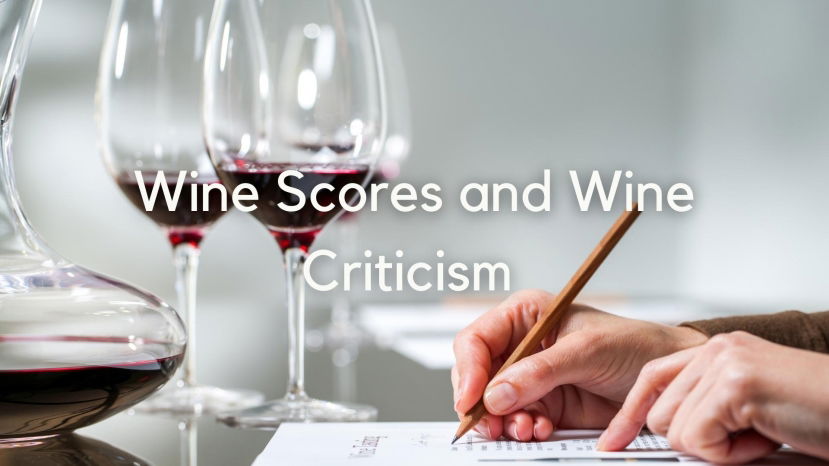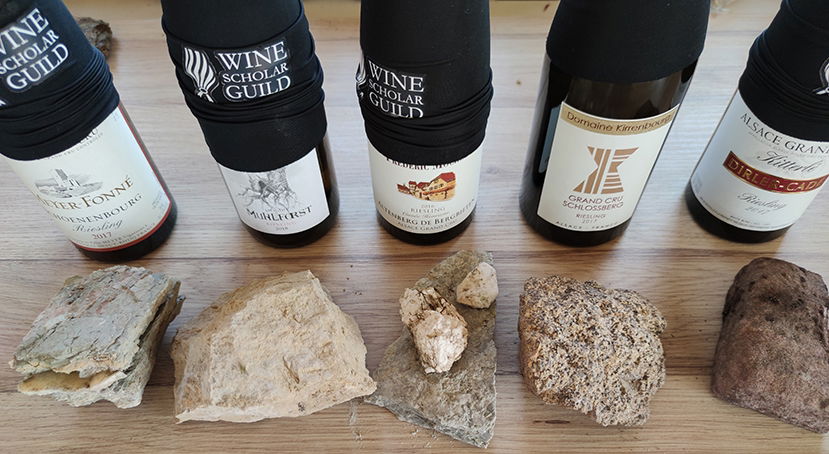BLOG
Wine Education & Careers
Sasha DeJaynes
Wine Education & Careers
As the global popularity of Spanish wine grows, more exciting options are becoming available in restaurants and wine shops. While many people are familiar with Spain's premium red wines from regions such as Rioja and Priorat, the country also produces stellar white wines. These wonderful – and...
Marek Zalewski
Wine Education & Careers
In 2024 Wine Scholar Guild proudly announced the Albert Sheen Memorial Scholarship in memory of our dear friend and dedicated wine traveler, Albert Sheen. The scholarship application invited applicants to discuss the challenges of climate change in Bourgogne. We received a number of truly...
Kirra Barnes
Wine Education & Careers
France’s white wines can be counted among the best in the world. Whether you are looking for the best sparkling wines, chiseled white wines, decadent dessert wines, rich Rieslings or ageable Chardonnays—France has it all.
Rick Fisher
Wine Education & Careers
Spain began linking wine to “place” early on. As far back as the beginning of the 20th century, the need for wine regulations became self-evident. The country was experiencing rampant wine fraud; quality wines were being diluted with bulk wine on a regular basis. Rioja was a leader in the charge...
Kirra Barnes
Wine Education & Careers
Spanish red wines get a lot of press for being good values, but shopping in the Spanish wine aisle can be as daunting if you aren’t sure what grows where within the world of Spanish wines. Many of Spain’s best red wines are labeled with the name of the wine appellation, rarely by grape variety. At...
Kirra Barnes
Wine Education & Careers
Italy's white wines are as diverse as the country's reds. There is an Italian white wine with a trove of native varieties to fit every budget and occasion. Unfortunately, there are so many choices that shopping for Italian white wine can be overwhelming. It doesn't help matters that many of the...
Jacopo Mazzeo
Wine Education & Careers
Let's face it: Bordeaux is struggling. A recurring theme during my latest visit was producers lamenting declining sales, despite their wines tasting rather delicious. In January, the Gironde Chamber of Agriculture reported that more than 1,320 winegrowers were facing financial challenges – a...
Jacopo Mazzeo
Wine Education & Careers
Sherry producers like to say they deal with two types of terroir. “First,” says Fermin Hidalgo, owner of leading Sanlúcar de Barrameda-based Bodegas Hidalgo La Gitana, “the ‘classic’ terroir we all know: climate, soil, etc. The second terroir is the one related to the wineries… Biological ageing...
Joshua Dunning
Wine Education & Careers
The Etruscans were the first to produce wine in northern Italy; beginning with wild varieties, they cultivated vines in Piedmont centuries before the Romans arrived. Nevertheless, it was the Romans who advanced commercial winemaking, significantly increasing the area under vine and using props,...
Rick Fisher
Wine Education & Careers
From April 16-21, 2023, Wine Scholar Guild will land on the shores of southern Spain to host a special session of our internationally-recognized Spanish Wine Scholar® study and certification program in the beautiful coastal town of Málaga. If the spectacular weather and roughly 112 miles/180...
Andrew Triska
Wine Education & Careers
On a blistering June day, my suitcase rattling over the hot cobblestones, I made my way by through the village of Amboise in the Loire Valley, where my tour with the Wine Scholar Guild was about to begin. That night, in an 18th century hotel decorated in a style my spouse describes as “manic...
Scott Wren, FWS
Wine Education & Careers
In Zen, there’s something called "Beginner’s Mind". It’s a state of mind where you aren’t hemmed in by your judgements. You are able to see the world fresh--without pre-conceptions. That’s an apt description of how I was feeling as I began a weeklong deep-dive into Bordeaux with twenty Wine...
Anne Bilczuk
Wine Education & Careers
Earlier this year, I embarked on the French Wine Scholar (FWS) program; version 7 being the latest update to this ever-popular certification offered by Wine Scholar Guild to wine enthusiasts and professionals alike. Here are my top study tips for passing the French Wine Scholar program!
Gabriel Lepousez
Wine Education & Careers
This article is the first of an upcoming series by French neuroscientist Gabriel Lepousez. Gabriel is part of the Scientific Committee formed by WSG in the context of its "Architecture of Taste Research Project". He has also presented a fascinating segment on "The Neuroscience of Wine Tasting" as...
Julien Camus
Wine Education & Careers
On the 6th of September 2021, Wine Scholar Guild hosted the first large-scale blind-tasting panel as part of its recently announced The Architecture of Taste Research Project. Hosted at the Bristol Hotel in Colmar, Alsace, this panel tasting launched WSG’s research on the tactile and geosensorial...
Kevin Day
Wine Education & Careers
It is a regular occurrence, even for the most accomplished wine aficionado: a loss of words to describe exactly what’s going on in the glass. Try as we might, the language of wine will always be a tricky landscape to navigate. But, as educators and students of wine, it is a necessity. Whether...
Julien Camus
Wine Education & Careers
Is a wine horizontal or vertical? Square or round? Hollow or dense? Relaxed or tensed? Grainy or smooth? This is a small sample of GeoSensorial Tasting vocabulary — a method that seeks to empower the taster to feel, interpret and give voice to wines of place. By focusing on mouthfeel and...
Pierre Freyermuth
Ripeness and Balance with Andrew Jefford and Julia Harding MW
KD: Let’s zero in on alcohol, because — unlike pH or tannin — it is a data-point on every wine label, and one of the only technical clues on a wine label that can offer insight into the balance of the product. What can consumers and wine students glean from reading this number on the label?...
Pierre Freyermuth
Ripeness and Balance with Andrew Jefford and Julia Harding MW
KD: One of the key words we hear a lot about in the wine industry — both from wine professionals and winemakers — is a desire for “freshness” in a wine. It is a rather nebulous term (and hard to argue: who doesn’t want freshness?) but is there something to it? Have wine styles shifted toward more...
Pierre Freyermuth
Ripeness and Balance with Andrew Jefford and Julia Harding MW
KD: I want to circle back to this issue of personal taste, Julia. Do you feel that writers and educators have an obligation to at least disclose these personal taste sensitivities to their readers or students, so that descriptors of wine are seen through a lens of experience instead of something...




